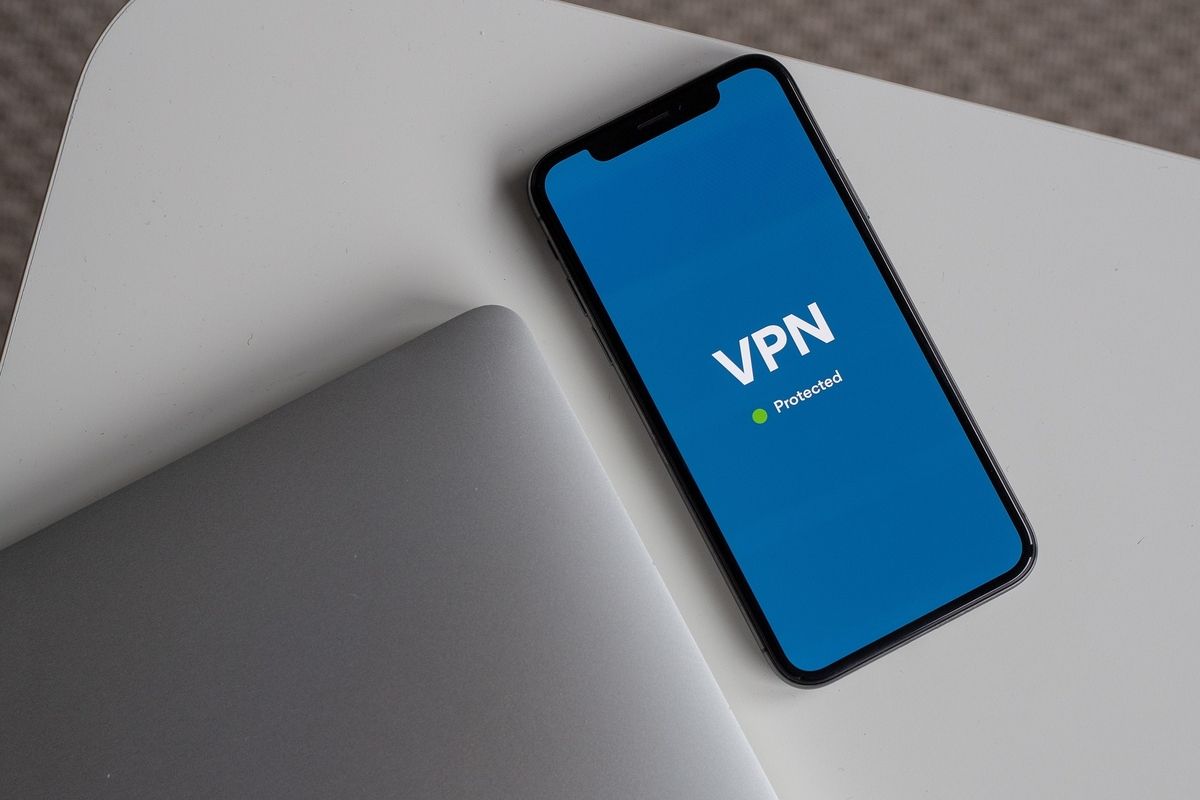
Online privacy has never been more popular because of efforts by the entire industry to encrypt all web traffic and the rise in popularity of secure chat applications. To be expected, virtual private networks (VPNs), which hide your web traffic from prying eyes, have also drawn greater attention. However, before you use a VPN to shield yourself from government monitoring or hide your online purchases from the IT department at your company, be aware that not all VPN companies operate with the same set of values.
Even if there is information available on how businesses utilise your data, it is never complete. You just have the VPN provider's word that it is handling your data as promised. VPNs had previously claimed they weren't keeping track of or tracking your connections, but when that claim was put to the test in court, they were later discovered to be giving information to the authorities, said an XDA Developers report. A VPN allows the provider to have control over everything that passes across the network and makes it simple for a hostile actor who may run the VPN to probe your connected device for vulnerabilities. Additionally, they are able to see your traffic, eliminating whatever privacy advantages you might have thought a VPN would provide.
Everything You Should Know About VPN
It is fairly simple to detect if you are using a VPN and your network behaviour is being watched. Utilizing a VPN will help you get around restrictions if you live in a location where network activity is tracked or websites are blocked. For instance, nations like Iran, Turkey, and China have all been known to obstruct access to VPNs while also blocking websites. However, it's also quite obvious for people or parties to understand that you're using if they can view your network data (like your ISP). The rationale is that all of your connections will be observed streaming to a single IP address, and they will likely be recognised by the additional protocol being utilised.
Using a VPN in these scenarios could be dangerous. There isn't necessarily another solution in this case, but it is very likely that your ISP will be able to tell that you are using a VPN if it wants to.
You might host your own VPN completely anonymously if you don't trust any VPN providers. By doing this, you guarantee the privacy, security, and safety of your connection. Finding a hosting business that accepts anonymous payments and guarantees connections aren't being watched for inbound IPs is necessary if you want ultimate privacy. From there, you might set up the OpenVPN client on your device, setup a programme like OpenVPN on the server, and create distinctive certificates. Although it can be difficult to execute and has its own disadvantages, that is one alternative you have.















